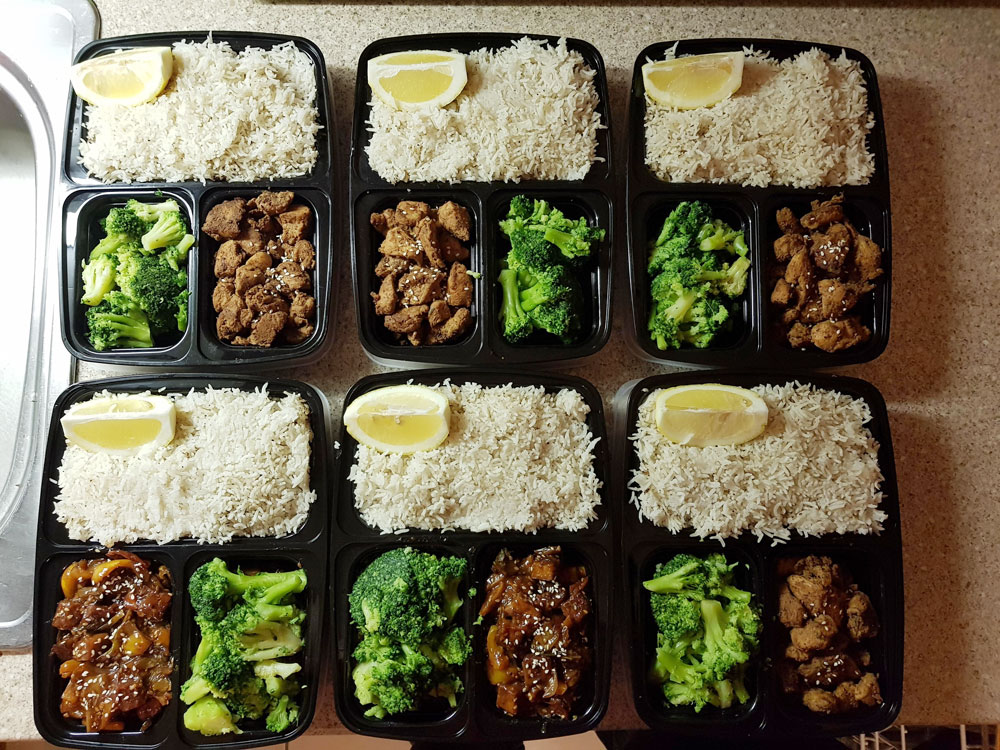It seems the grain of truth we've all been following might just have us bready to question everything we knead to know about carbs. As we slice through the conventional wisdom, we may find that our pasta-tive beliefs about the essential nature of carbohydrates could use a bit of re-flouring. Let's dough deep into the evolving science and see if we can rise to the occasion, understanding that perhaps we don't have to be so wrapped up in carbs for our health and well-being after all!
Carbs: Not The Only Food Hero In Town

The traditional food pyramid places carbohydrates at its base, recommending them as the major part of our diet. This advice stems from the understanding that carbs are the primary source of glucose, which fuels our brains and muscles. But what if carbs aren't the only, or even the best, source of energy? Recent studies suggest that our bodies are more adaptable than once believed, capable of thriving on alternative sources of fuel. This revelation invites us to question and reassess the pedestal on which we've placed carbohydrates in our dietary guidelines.
How Our Bodies Get Energy
Carbohydrates break down into glucose, serving as a quick source of energy. This process is fundamental to traditional dietary models. However, the human body's metabolic pathways are incredibly versatile. In the absence of carbs, our bodies can switch to burning fat for fuel, a process known as ketosis. This metabolic flexibility not only challenges the perceived necessity of carbohydrates but also opens the door to different dietary approaches, such as the ketogenic diet, which focuses on high fat and low carb intake. Understanding this flexibility allows us to view our energy needs through a broader lens, recognizing that carbs are just one of several fuel sources our bodies can utilize efficiently.
The Good Stuff About Eating Fewer Carbs

Low-carb diets have been gaining traction, not just for their weight loss benefits, but also for their potential to improve overall health. By reducing carb intake, these diets can stabilize blood sugar levels, reduce insulin spikes, and even improve markers of cardiovascular health, such as reducing triglyceride levels and increasing HDL (good) cholesterol. Moreover, for individuals battling metabolic diseases like type 2 diabetes, low-carb diets offer a promising dietary strategy to manage and sometimes reverse the condition. This shift towards recognizing the benefits of lower carb intake marks a significant departure from traditional dietary advice, suggesting a more nuanced approach to nutrition that prioritizes metabolic health and disease prevention.
Other Ways To Fuel Up
While carbs, fats, and proteins are all energy sources, the body's ability to use these macronutrients varies. Proteins, for instance, are primarily used for repair and growth rather than energy, but in the absence of carbs, they can be converted into glucose through gluconeogenesis. This process ensures that vital organs, like the brain, continue to receive the energy they need, even when carb intake is low. The concept of metabolic flexibility extends beyond just carbs and fats; it encompasses the body's ability to harness energy from whatever sources are available, highlighting a remarkable adaptability to different dietary patterns.
Thinking Differently About Our Diets

The emerging research on carbohydrates and their role in our diet invites us to adopt a more flexible approach to nutrition. Instead of rigidly adhering to high-carb guidelines, considering the quality and sources of carbs, along with the balance of other macronutrients, can lead to better health outcomes. For instance, focusing on complex carbohydrates from vegetables, legumes, and whole grains, rather than simple sugars and refined carbs, can offer the energy benefits of carbs without the negative impacts on blood sugar and insulin resistance. This more nuanced understanding encourages a personalized approach to diet, where individuals can tailor their macronutrient intake to their health goals, lifestyle, and metabolic needs.
Carbs And Your Mood
The link between diet and mood is a complex interplay that science is just beginning to understand. Carbohydrates influence our mood and brain function by affecting neurotransmitters like serotonin, which is associated with feelings of well-being. However, the type of carbs and the timing of consumption can lead to vastly different outcomes. While simple carbs might offer a quick mood boost, this is often followed by a crash, contributing to mood swings and irritability. In contrast, diets lower in carbs and higher in fats and proteins can provide more sustained energy levels, potentially leading to more stable moods and improved mental health over time.
Eating For Your Lifestyle

Personalizing your diet based on activity levels and lifestyle demands is crucial for optimizing health. Athletes and highly active individuals may require more carbohydrates to support intense physical exertion, while those with a sedentary lifestyle might benefit from reducing carb intake to match their lower energy expenditure. This tailored approach helps avoid the common pitfalls of a one-size-fits-all diet, ensuring that each person can find the right


